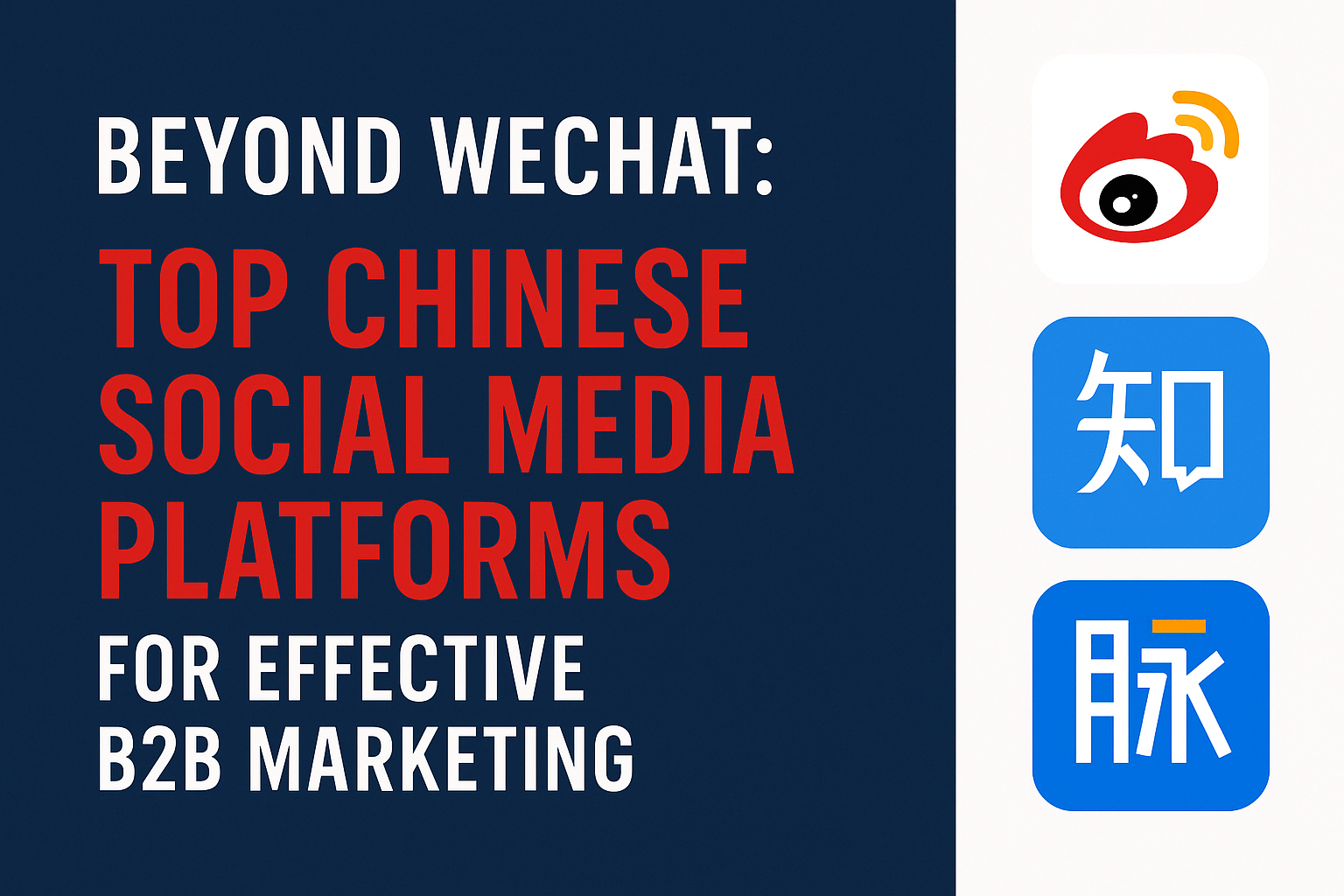2021 Beauty Industry White Paper
Although this white paper focuses on China’s cosmetics industry, many of the conclusions are applicable to China’s other industries.
Main takeaways:
- A content-focused strategy is becoming increasingly important, rather than a price-focused strategy.
- Brand building has been a priority for both foreign and domestic brands. They are increasingly focusing on long-term brand equity/notoriety rather than short-term ROI.
- In China, young internet customers remain the most significant market for most brands. Women under the age of 40 account for approximately 70% of the global cosmetics market, significantly outnumbering their demographic share.
- As the appeal for transactional techniques fades and becomes increasingly unsustainable, younger consumers are more affected by brands and content that resonate on an emotional level and match with their value system. As a result, marketing is far smarter and more fascinating now than it was in the days when all you had to do was decrease the price.
B2B Marketing in the Post-LinkedIn Reality
Maimai 脈脈 is a homegrown social-networking platform for professionals to create business connections, the Chinese equivalent of Linkedin. It now has more than 80 million high-value real name users with more than monthly active users of 30 million.
Through Maimai, marketers can convey their advertising message into different types of Ad formats including Splash Ad, Native Ad, and instant message, etc. Additionally, marketers could target the audiences in different positioning based on their geographic location, gender, career position (C Levels/ Directors / Managers grade), job industry (Business / Legal / Finance/ Design/ IT, etc), and even their specific company.
Link: https://www.xinergy.global/maimai-the-chinese-linkedin/
The older Chinese consumers turning silver into e-commerce gold
A few months ago, the Chinese government was encouraging the biggest Chinese apps to prepare elderly-friendly versions. More than 264 million people, or 18.7% of China’s population, are aged over 60 in a country that is ageing rapidly, according to census results published in May.
COVID-19 forced many Chinese 60+ online making for an expanding population of “silver-haired” internet users who have made the move to online shopping in China in the past year, nudged by the coronavirus pandemic, government policy and e-commerce giants. JD reports that retirees living in major cities, with money to spend and plenty of time, were some of the most prolific shoppers since the pandemic, with over half of the goods catering to the elderly bought by users themselves this year.
In the first three quarters of this year, purchases by the silver-haired demographic grew almost fivefold year on year, with users focusing on leisure purchases, such as gardening supplies and package tours. To really tap this market, online vendors need to simplify their designs or offer user-friendly guides for their apps or websites.
GUCCI– burst game
For its product burst, Gucci, a worldwide luxury brand, devised an innovative H5 game that allows users to engage, comprehend items, and expose brands by avoiding obstacles in the tunnel.
Burst’s shoes “gallop” in a 3D three-dimensional colour tunnel. At the 8m position, there are two operation guide arrows. Users can use the up and down arrows to directly drag bursts around the tunnel to escape impending obstacles by clicking and dragging it. There are timers and score reminders in the game. If you run into any barriers, the game will automatically finish and the game results page will appear.
Luxury brands are ditching KOLs for virtual influencers in China: how Alexander McQueen, Dior and Prada are turning to digital avatars and AI idols to woo millennials
Making their way from music to fashion, virtual idols are paving the way for mixed reality initiatives, increasingly appealing to younger, digitally native consumers.
As more consumers move online, they will increasingly demand compelling narratives like Maie’s from their virtual idols. It seems, every luxury consumer will be able to hatch their own virtual idols in the future.



